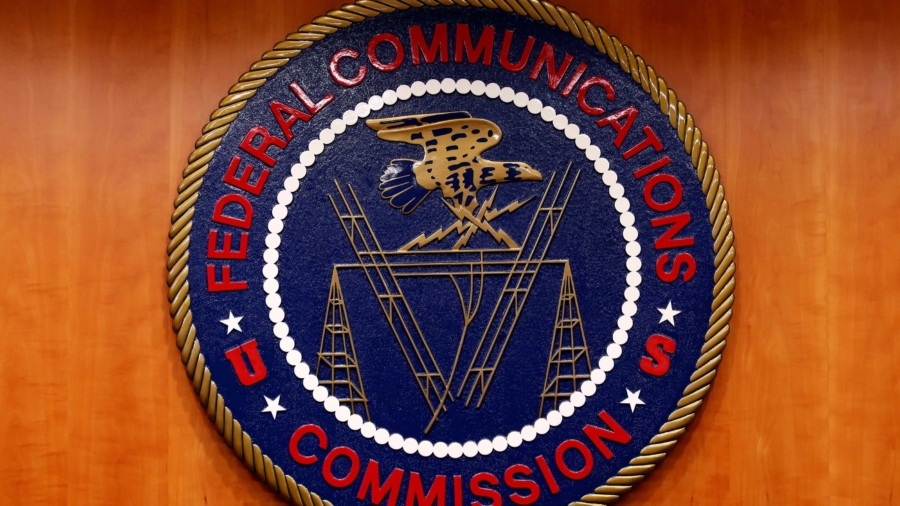The U.S. regulatory agency for telecommunications is planning on introducing new regulations that could prevent domestic abusers from tracking their victims through wirelessly connected vehicles.
According to a prepared statement by Jessica Rosenworcel, Chairwoman of the Federal Communications Commission (FCC), there should be no compromise for the safety of victims of domestic abuse.
“Survivors of domestic abuse shouldn’t have to choose between giving up their vehicle and feeling safe,” Rosenworcel said in the statement.
She furthermore requested other commissioners to start the process of drawing up new regulations.
Most new vehicles have an added convenience feature, enabling drivers to locate their cars in parking lots. The feature also makes it possible to start the engine remotely and contact emergency services. However, this technology has proven to be a double-edged sword, as it also gives domestic abusers the chance to track their victims’ whereabouts.
Currently, there are certain measures in place that can help victims of domestic abuse, such as the “Safe Connections Act,” which was implemented by the FCC last year by order of Congress. The implementation of the act subsequently authorized the agency to help victims of abuse by requiring cell service providers to separate phone lines linked to family plans if an abuser is on the account.
The commission will now aim to establish whether the act also authorizes it to instruct automakers to do the same.
“We’re trying to understand the full scope of what processes are in place and what more needs to be done to make sure there are no gaps in providing survivors of abuse an ability to separate from their abusers,” said Jonathan Uriarte, spokesman for Rosenworcel.
If the new regulation is approved, it will allow the commission to get public and industry comments on connected car services.
The proposal follows Rosenworcel’s request to multiple automakers last month to establish what the companies can do and what policies are in place to protect those who are suffering domestic abuse.
Rosenworcel sent a letter to nine major U.S. automakers in early January, whereby she inquired about connected car systems and how the companies would support people who have been harassed and stalked by domestic abusers.
The correspondence was sent to senior executives at General Motors, Ford, Honda, Hyundai, Mercedes-Benz, Nissan, Stellantis, Tesla and Toyota.
According to the agency, the request brought out a mixed response. While some automakers agreed to allow partners to disconnect their vehicles from the automaker or cell phone apps, other companies did not work proactively towards a solution.
Toyota and Ford were two of the companies that showed an active response by saying that they would remove access to vehicle location information at the request of an abused partner.
Ford confirmed that those concerned about being tracked can deactivate location data via their vehicle touch screens, which also allows them to disable connectivity entirely.
Other automakers, however, did not specify additional measures they could implement to improve the situation, according to the agency.
Rosenworcel’s initiative to enquire about such policies from automakers was originally prompted following a publication in the New York Times in December last year, which delved into the danger of tracking apps being weaponized by abusive partners.
The Associated Press contributed to this article.


